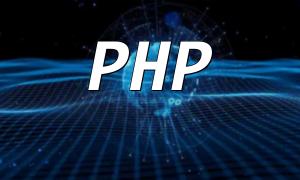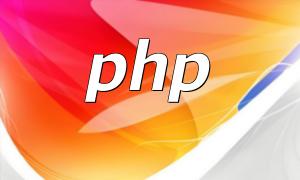PHP frameworks are widely used in e-commerce development for their powerful features, flexibility, and ease of use. By selecting the right framework, developers can speed up development processes, improve code maintainability, and build scalable systems. Below are some of the most effective PHP frameworks used in real-world e-commerce projects.
Laravel is known for its elegant syntax and extensive built-in features, making it a top choice for complex e-commerce applications. It provides authentication, database migrations, and queue systems, which are essential for building robust user systems.
// Create a user model
class User extends Model {
// User logic
}In real-world projects, Laravel is often used for building user registration, login systems, and order processing features, enabling the development of complete user and access control modules.
CodeIgniter is a lightweight framework that’s easy to learn and deploy. It’s ideal for small to medium-sized e-commerce projects. Its performance and simplicity make it well-suited for building product display and content modules.
// Load model library
$this->load->model('Product');
// Get all products
$products = $this->Product->get_all();Using CodeIgniter, developers can quickly create product listings, category pages, and basic shopping cart functionalities that prioritize speed and responsiveness.
Symfony offers a modular structure with high customizability, making it ideal for enterprise-level applications with complex business logic. Its service container and event-driven architecture enable scalable and maintainable system design.
// Create a service
use Symfony\Component\DependencyInjection\ContainerBuilder;
// Configure the service
$container = new ContainerBuilder();
$container->register('product', 'Acme\Product');In practice, Symfony is used for developing complex product management systems, inventory handling, payment integration, and other advanced modules in large-scale e-commerce platforms.
Selecting the right PHP framework is crucial for developing high-performance and maintainable e-commerce systems. Laravel is best suited for feature-rich applications, CodeIgniter works well for lightweight and fast deployments, and Symfony is the preferred choice for scalable enterprise-grade systems. Understanding their strengths and appropriate use cases helps developers make informed decisions at the planning stage.








